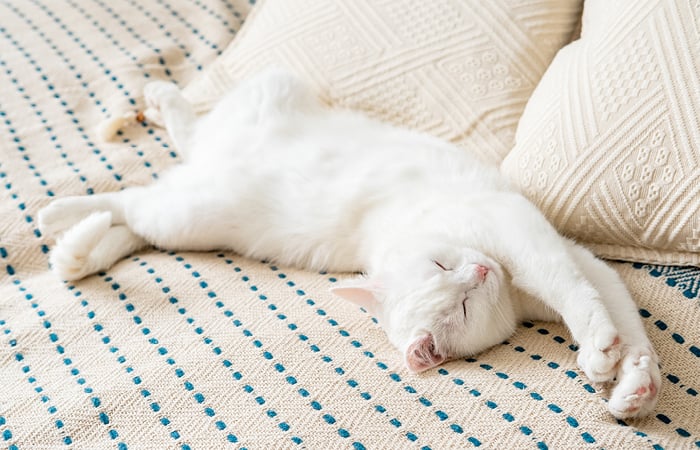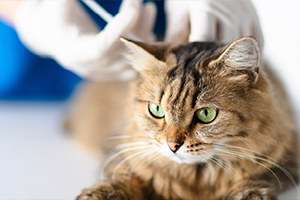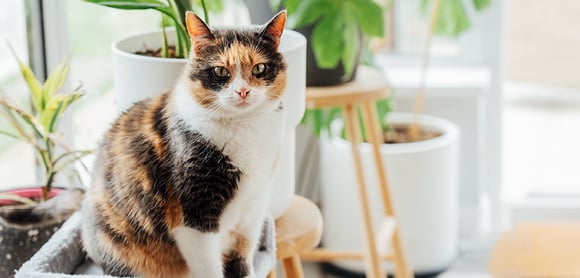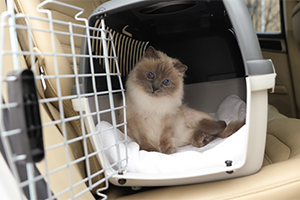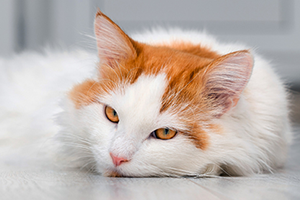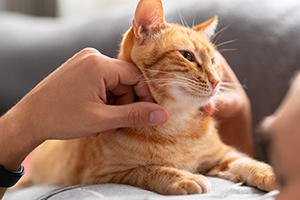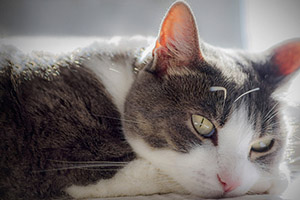Any cat owner will tell you just how much their four-legged friend helps them to relax and unwind. Whether they're curled up on your lap or purring while you stroke them, cats have a magical way of making us feel grounded with their unconditional love and companionship.
But did you know that cats offer more than just comfort? Research shows that having a cat around can provide significant health benefits, from reducing stress to limiting the risk of serious disease.


